I have a number of .sql files which I have to run in order to apply changes made by other developers on an SQL Server 2005 database. The files are named according to the following pattern:
0001 - abc.sql
0002 - abcef.sql
0003 - abc.sql
...
Is there a way to run all of them in one go?

